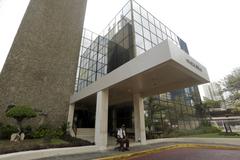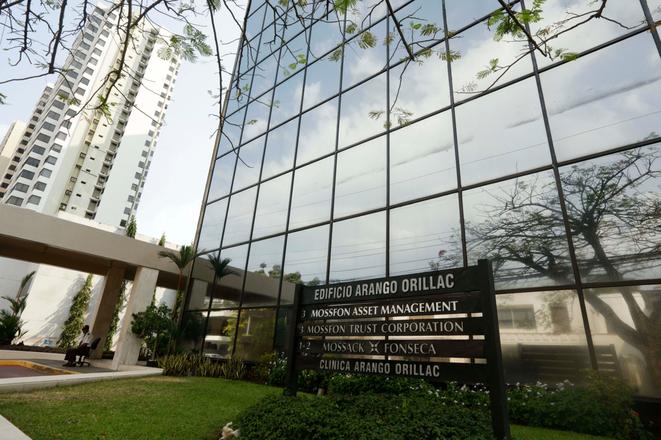No one with even a rudimentary understanding of human nature will have been surprised by the news that some world leaders have squirreled away millions (billions) in secret bank accounts beyond the reach of tax authorities. It’s been the stuff of political thrillers for decades, and more lately has everywhere fueled the rise of anti-establishment parties, with their premise that “a voter is a shit, a voter perceives just the mere surface“.
But suspecting politics to be dirty, and having a map of the kleptocracy’s secret hoardings are two entirely different things. The former is a doubt that can co-exist with faith in human governance; the latter destroys it. And that is why the Panama Papers need to be treated with more caution than has so far been displayed.

The records of the Panama law firm that triggered the latest scandal are of course not the first financial leak concerning business and political leaders. And like past leaks, they have a crucial shortcoming – they don’t tell us how the funds in each account were accumulated, or even whether they were first taxed before being hidden. Not to mention why they had to be concealed – to avoid embarrassment or prosecution? Or to prevent seizure by an autocratic government?
Do they come from terrorism, from drug smuggling, from corruption? Or from unethical behaviour such as trading weapons or hard-to-renew commodities, like wood from protected areas?
Accordingly, the initial reports of who owns how much where, while titillating, cannot be considered investigative stories.
Yes, it may look bad, but appearance is not necessary reality, and certainly is insufficient to support decisive legal action. It’s enough to stir passions among voters, but not enough to change the behavior of our elites (beyond perhaps changing the people tasked with hiding their loot).
Finally, the material that led to these first reports has been shared out with a limited number of media, reducing the amount of reporting that can be done, and giving an incentive to those with access to exaggerate the importance of what they find.
But the importance of such information might be groundbreaking for the perception of democracy in the world. Potentially it could endorse the widespread conviction that we are all ruled by oligarchs with minimum respect to their homeland, their compatriots, and to laws and principles.
And that is mainly why it’s necessary to wait until we know more.
So while the Panama Papers undoubtedly have the potential to shake the world order, until they are provided for public inspection – like the US State Department cables on Wikileaks – that potential will not be fully realized.



 A marquee of the Arango Orillac Building lists the Mossack Fonseca law firm in Panama City. (source: AP/TASR)
A marquee of the Arango Orillac Building lists the Mossack Fonseca law firm in Panama City. (source: AP/TASR)